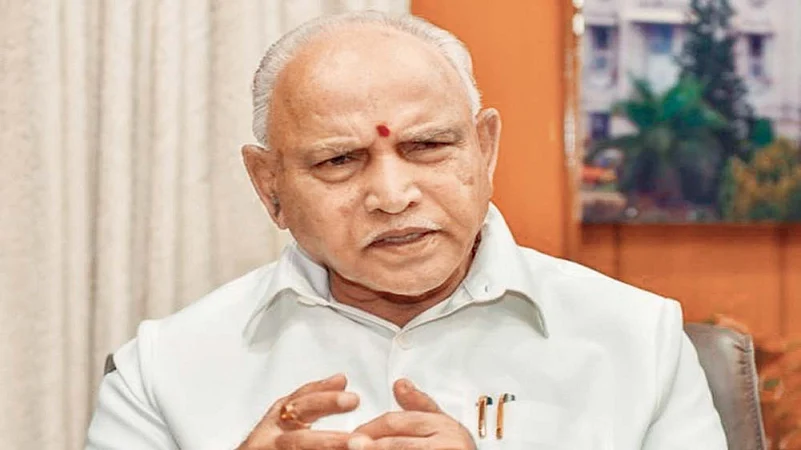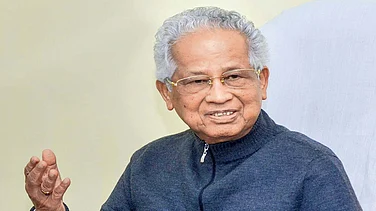Kannada activists have held out the threat of a strike next month if chief minister B.S. Yediyurappa doesn’t roll back his government’s recent decision to set up a welfare board for the Maratha community. The Karnataka government insists the proposed board will be just a development corporation, like numerous others in existence, to help communities in the Maratha fold. But critics point to its timing—a bypoll is due soon in the Bidar town of Basavakalyan, where there’s a sizeable Maratha population.
The original nomenclature of the board was Maratha Development Authority. Last week, however, the old border row sizzled again with Maharashtra deputy CM Ajit Pawar’s comment on Bal Thackeray’s dream of uniting Belgaum and Karwar with the western state—Pawar was speaking on the occasion of the Shiv Sena founder’s death anniversary. Pro-Kannada groups who took to the streets in protest also demanded to know why Karnataka was setting up an authority for Marathi speakers. The Karnataka government quickly clarified that community and not language was its focus and that the board would be constituted as a corporation—since that didn’t require legislation. But activists have threatened to call a bandh on December 5.
Last week, however, Yediyurappa followed up with a new welfare initiative—he announced a Veerashaiva-Lingayat Development Corporation reasoning that there were financially and socially-backward groups within the community. Yediyurappa’s community, the Lingayats, is the state’s largest. Many observers predict this would lead to a clamour from other communities for welfare boards as well. Sure enough, this week, former chief minister H.D. Kumaraswamy told reporters that his community, Vokkaliga, too deserved a development corporation if welfare was the government’s concern.
Typically, welfare boards and corporations provide aid through loans or scholarships or create infrastructure to improve living conditions. C.S. Dwarakanath, a former chairman of the Karnataka Backward Classes Commission, points to the government’s move in September to set up a development corporation for the backward Kadugolla community as a necessary step. But if politically-well-represented communities are now going to be demanding welfare boards, he asks what about the groups who haven’t been able to garner any benefits so far? The criteria, he says, should ideally be social and educational background, not economic situation. There are several small communities in Karnataka that still aren’t in any of the reservation lists, points out Dwarakanath.
By Ajay Sukumaran in Bangalore


























